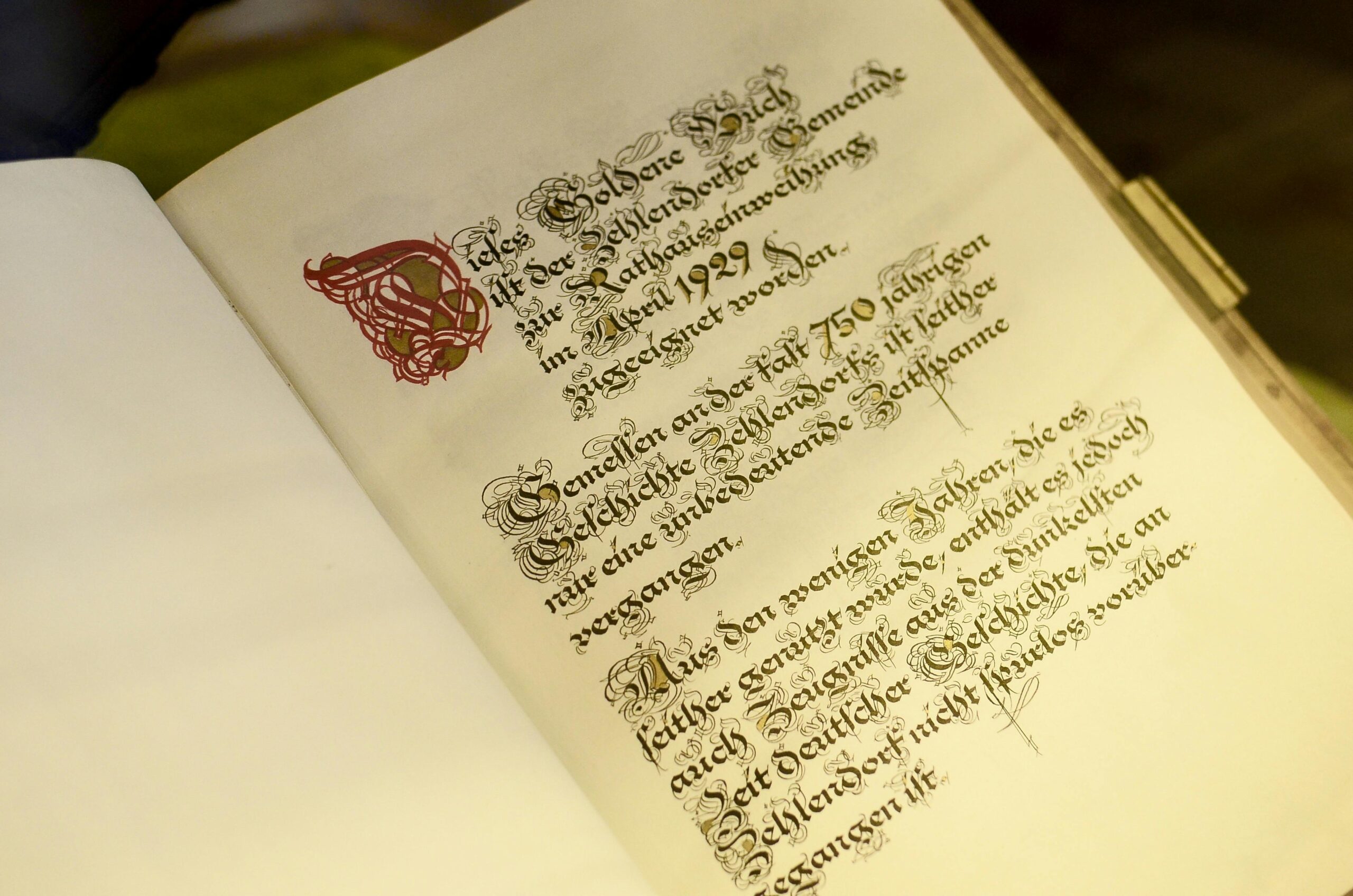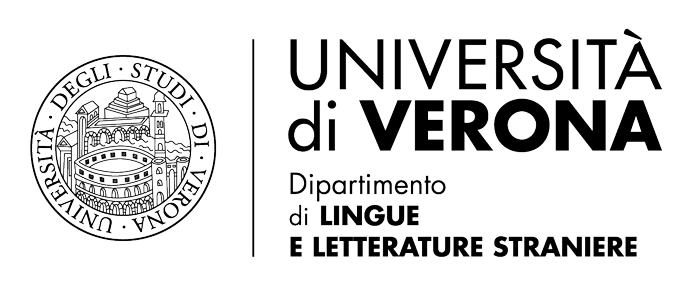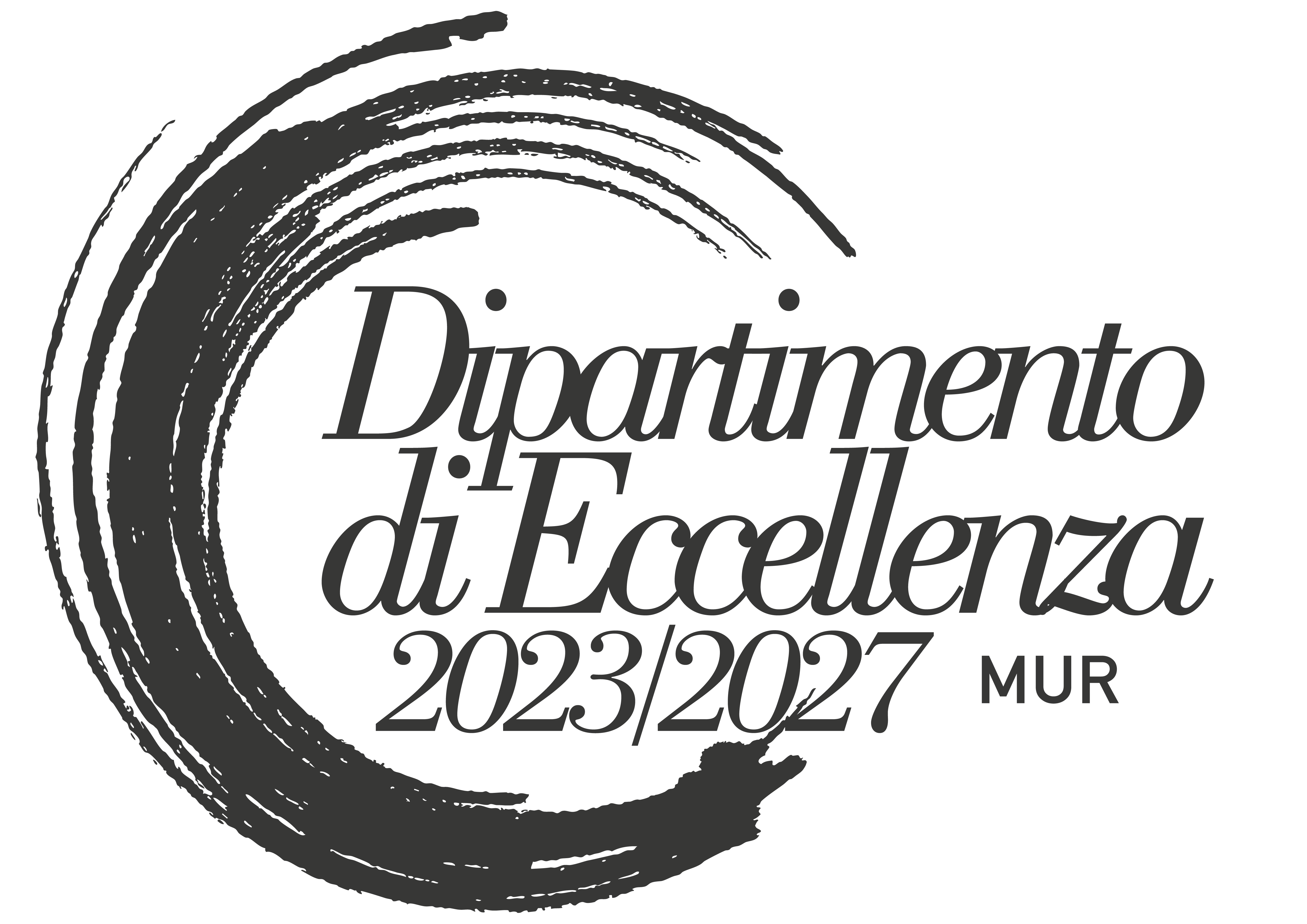Philology and literary studies

From the beginning of the 13th century, a new book type appeared in German codicology, in which narrative texts were illustrated and the illustrations were accompanied by inscriptions, conceived as a summary of the action, character lines or comments by the narrator (mostly in close relation to the main poetic text). The milestone of this emerging […]

Diversity, Inclusivity, and Accessibility in Digital Scientific Editions (DIA-DSE) seeks to respond to some of the goals set forth in globally relevant strategic agendas and plans that point to the idea that a knowledge society such as the one in which we live should develop an open model of science. Our project will investigate a […]

Theodoric the Great (454-526), king of the Ostrogoths, was a historical figure that in cultural memory became Theodoric of Verona (Dietrich von Bern), that is one of the most popular epic-heroic legends within the Germanic literature (Haymes 2020; Wisniewski 1986). The association with Verona stems from Theoderic’s bond with the town, where traces of the […]

The project aims to examine the textual practices that have shaped the historical and contemporary transmission, dissemination, and accessibility of/in Chinese literature in new contexts of reception from intra-cultural and intercultural perspectives. The research follows three main axes. The first one focuses on the Chinese intra-cultural space and analyses the forms of mediation, genres and […]

In the course of the research carried out as part of the Accessing Ophelia Project coordinated by Dr Emanuel Stelzer, the need emerged to study the character of Cassandra as a depiction of cognitive disability in Shakespeare’s receptions of Troilus and Cressida in a new project that expands its boundaries across narrative, dramatic, and poetic […]

The project endeavours to contribute to research and practice that increase our capacity for literature’s more conscious application to mitigating social challenges and promoting social inclusion. It aims to add a further perspective to understanding if and how literary reading can support disadvantaged sectors of society, leading to improved life satisfaction and wellbeing, and ultimately […]


